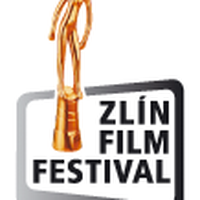Czech Film After 1989
by Jiří VoráčDuring its hundred-year-long history, the Czech film survived five different social systems. Its origins (the first films on the Czech soil were presented by Jan Kří_enecký in 1898) are rooted in the era of the Austro-Hungarian Empire. After the First World War, it continued its development in a free and democratic Czechoslovak Republic which was after two decades destroyed by the Nazi Germany. A fundamental systemic change occurred in 1945 when the Czechoslovak film was nationalized i.e., that the state (and after 1948 the Communist establishment) completely controlled all film activities in the entire country.(1) After the demise of the Communist dictatorship in 1989, a democratic regime was reestablished and with it the market economy; the film production was privatized and returned to the hands of private producers and distributors.(2) This dependency of the Czech film production on external conditions which were preventing the natural, continuous and intrinsic development of the film art was intensified by a specifically Czech cultural tradition which often preferred the social and educational function of art over its aesthetic function.
JIŘÍ VORÁČ is Chair of the Film Studies, at the Department of Theatre and Film Studies, Faculty of Arts, Masaryk University Brno, Czech Republic. His area of specialization includes Czech film history after 1945, interpretation and adaptation issues and film criticism. He wrote the book Czech and Slovak Film Directors in Exile (Palacký University, Olomouc, CR), and has contributed reviews to Film a doba, Iluminace and other publications.
Similar content
posted on
26 Apr 2011
from - to
27 May 2012 - 03 Jun 2012
By Kerrine Goh
25 Jun 2009
posted on
12 Apr 2018
By Kerrine Goh
07 Oct 2006
21 Feb 2017

